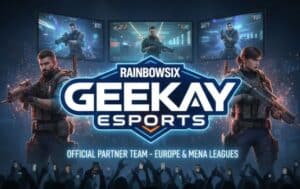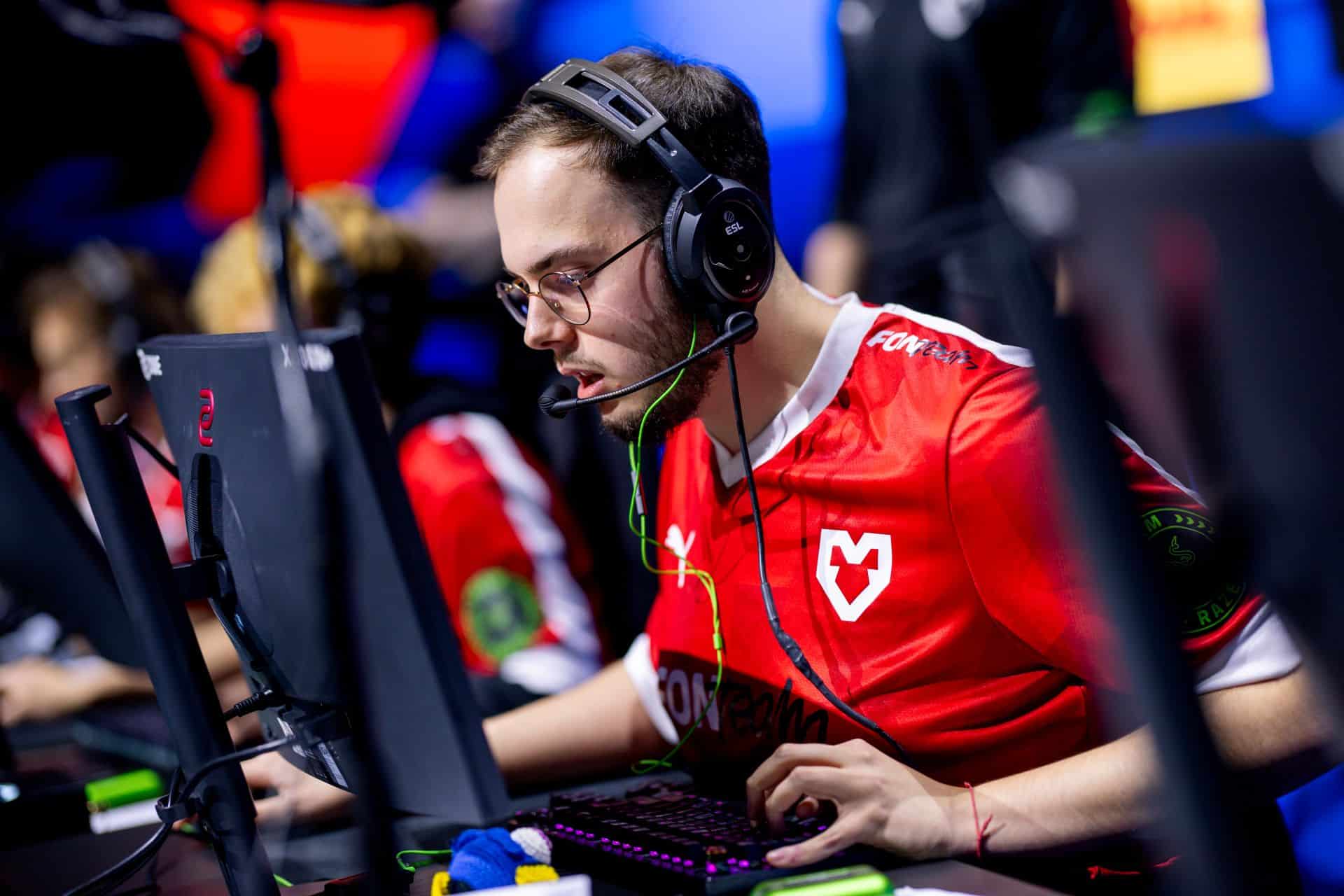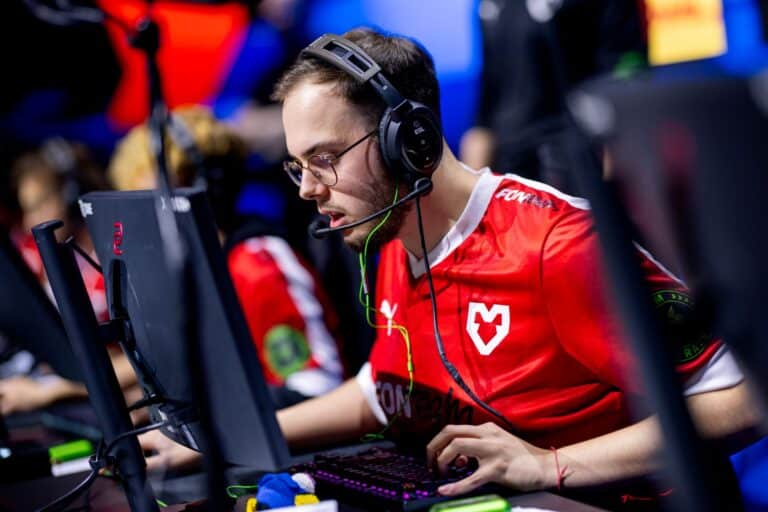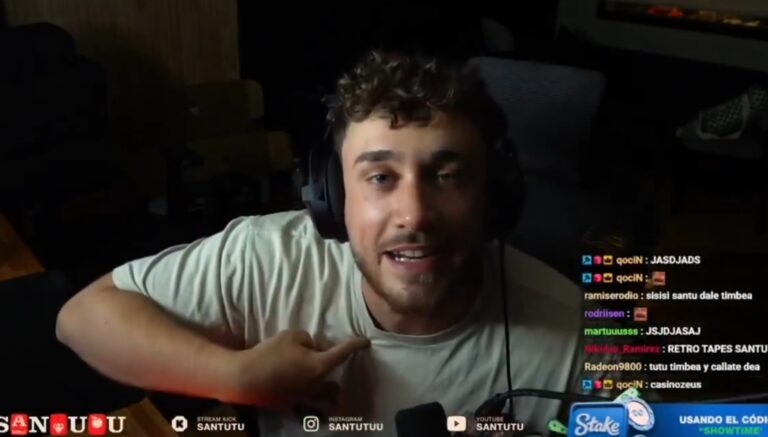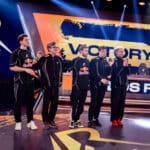The current state of UK esports – what are our strengths, weaknesses and lessons to learn?
Dom Sacco, Senior Editor
Last Updated: 02/05/2025
Ad
In this article, Esports News UK editor Dom Sacco writes an opinion piece on the current state of esports in the UK, to make sense of recent closures alongside big events – and the ongoing market correction. This article is designed to provide a snapshot of how things are right now. (photo above by Jonathon Yau)
When I first began covering UK esports way back in 2015, it was a very different place.
The ESL UK Premiership was ramping up, an exciting new tournament series to showcase local talent in games like League of Legends, Counter-Strike and later games like Hearthstone, with a Leicester studio in the works. We’d just had the 4Nations League of Legends tournament showcasing great talent, both on the rift and in the studio.
The Gfinity Arena had opened in London, which would later host the Gfinity Elite Series on TV in Rocket League, Street Fighter and FIFA.
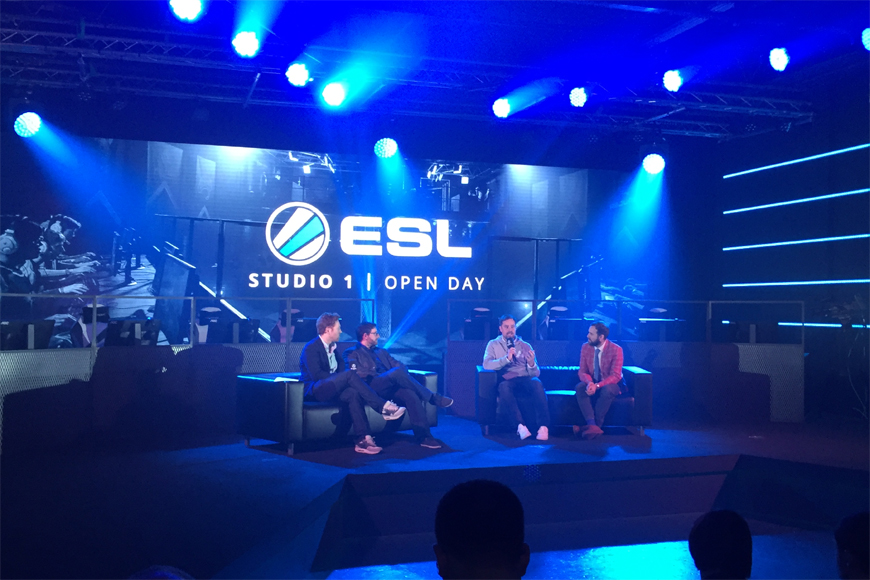
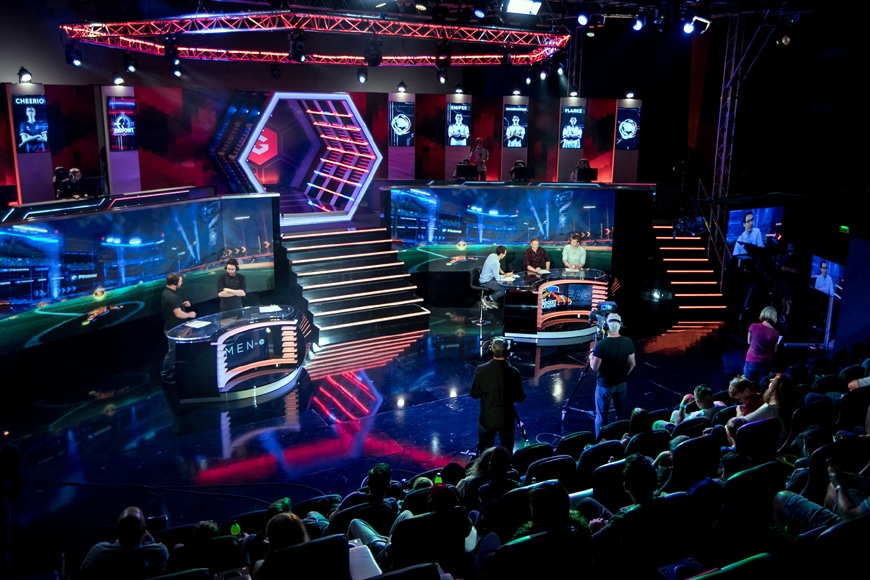
We had teams like Infused, FM Esports and Choke Gaming building up rivalries. Impressive young talent like Alphari and Larssen were playing in our leagues.
The Worlds quarter finals came to London. The Insomnia Gaming Festival LAN ran three times a year, with some top European talent flying in to take part now and then. We even had a DreamHack event here.
And investment was being thrown at bigger organisations around the world, as rising stars like Faker grew in prominence.
The hype around esports was reaching bursting point.
Looking back on it all now, it’s easy to say it was a goldrush period for esports. That it grew too fast. An over-hyped, over-valued, flash in the pan. But back then (for me anyway), it was an extremely exciting time.
So it pains me to say that most of what I referenced above no longer exists.
ESL UK became a shell of what it once was following redundancies in late 2019, and the ESL UK Premiership closed in September 2023. Gfinity shut down its Arena and esports division in early 2023. Infused, Choke and FM have long since gone. Alphari has stopped playing. DreamHack never came back. Insomnia is over.
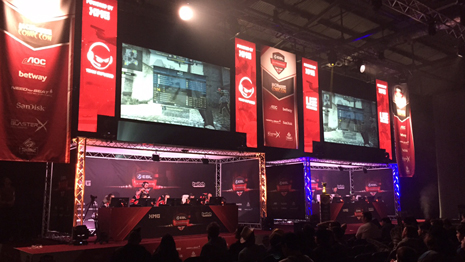
I was thinking about this the other day and it made me sad: A lot of the main tournaments, people and teams I used to write about have gone or moved away from esports.
I know times change and things move on (and that I’m old!), but I set the site up to cover UK talent, to write about tournament wins and shout about the success stories of UK esports, not to cover redundancies, payment issues and closures. I recognise I have a duty to cover these things, of course, but sometimes I wish I didn’t, as it’s not enjoyable and I don’t want to be a part of a constantly negative narrative.
UK esports finds itself in a seriously tough situation right now, as does the industry globally. We’ve had so many redundancies, closures and investments scaled back over the past year, as covered in my article at the start of this year on the ‘esports winter’, it’s not easy to stay positive.
But buried beneath my increasingly bitter veneer, after years of writing about scandals and other wrongdoings in esports and games, some optimism remains.
The strengths of UK esports
We might not have the ESL Prem or Gfinity Elite Series anymore, but we have the League of Legends NLC, the UKEL, the UKIC and Tradeit League for Counter-Strike, and Challengers North Polaris (for Valorant, a game that didn’t even exist ten years ago, and one that is probably amongst the UK’s most-followed right now).
We have a collegiate esports scene that has never been better, with hundreds of colleges, schools and universities taking part in tournaments like NSE’s British University Esports Championship, University Esports (aka NUEL), Digital Schoolhouse, British Esports Student Champs and more. Not to mention the education offerings now available to students, from the Esports BTEC to degrees and more.
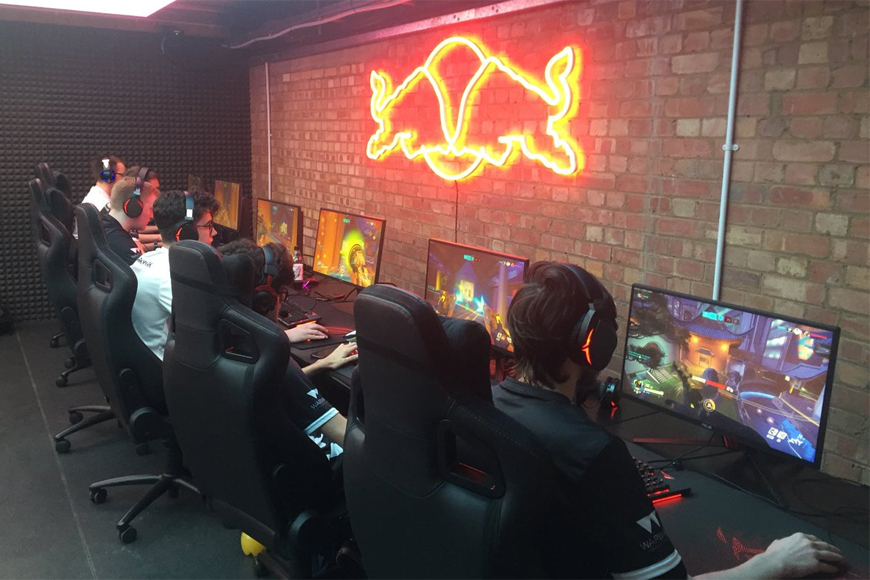
I’m always writing about new grassroots events, like this R6 community LAN, or the PRG Gauntlet or LFG London, Plebcon and Preachcon.
Red Bull often hosts events here, like the Red Bull Pindrop Tekken event, or Red Bull Instalock women’s Valorant tournament, or Red Bull Campus Clutch. Last year it held the UK’s first Fortnite LAN, Red Bull Contested, in Scotland.
For every dead bird, a new phoenix seems to emerge from passionate and talented individuals in the community. LANcraft Events has risen from the ashes of Insomnia, for example.
So we certainly know how to host a live event (for the most part). On that note, thank God for Epic.LAN. An event that runs multiple times per year, at a loss, with ticket prices kept low so that the communities in games like CS2, StarCraft and Valorant can have a LAN event with esports tournaments and prizes, with new spinoff events for board game fans and more. Long may they continue.
And I’ve only been talking about the grassroots side of UK esports.
In terms of major events from top international leagues, 2024 is UK esports’ biggest year yet. We’ve had ESL One Birmingham, the Blast Premier Spring Final, the Halo London Major, Blast R6 Manchester Major, the Pokémon Europe International Championships and the Rocket League London Major.
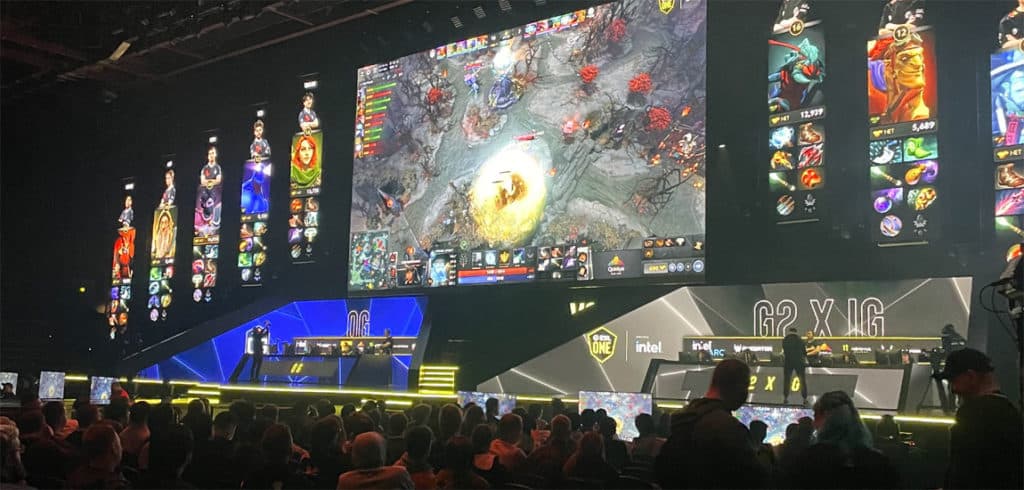
Later on in the year, the O2 will host the Worlds 2024 finals in London, plus the PUBG Mobile Global Championship Grand Finals will take place, and we could have a Smite 2 London LAN.
We have some big global teams located here too, like Fnatic and Guild, which I’ll cover in greater detail in a separate article, not to mention hard-working UK organisations like Endpoint, Resolve, Into the Breach, Viperio and Ruddy who are forging their own paths and making a name for themselves.
Fnatic, Guild and Tundra are in the Esports World Cup Club Support Programme, which means they’re able to receive six-figure funding to enter into new esports titles.
UK esports fans love Fnatic, Counter-Strike and Call of Duty. On the latter game, we can’t forget our console heritage, either.
From fighting games to football games, other sports titles and Call of Duty, the UK has always seemed to excel in the competitive console games. We have some solid players in Rocket League (rise, noly, ApparentlyJack), FC 24 (Tekkz), sim racing (Brendon Leigh, James Baldwin), Street Fighter (ProblemX/EndingWalker) and many more. Valorant is also moving to consoles, and we have top talent in PC Valorant too (Boaster, Benjyfishy, Soulcas etc).
We have some excellent heritage, from 4Kings to ODEE’s Dignitas to wizzo’s early Insomnia LANs to name a few.
Lastly, we can’t mention the strengths of UK esports without mentioning what is perhaps our greatest export in esports: broadcast talent.
From Frankie Ward to James Banks, Medic to Vedius, Fluke to Dezachu and AceofPyrite, Cole to Stumpy, PyrionFlax to ODPixel, Dan Gaskin to Yinsu, Pansy to Freya and many, many more, the UK continues to produce top-class casters, hosts and interviewers to grace our screen.
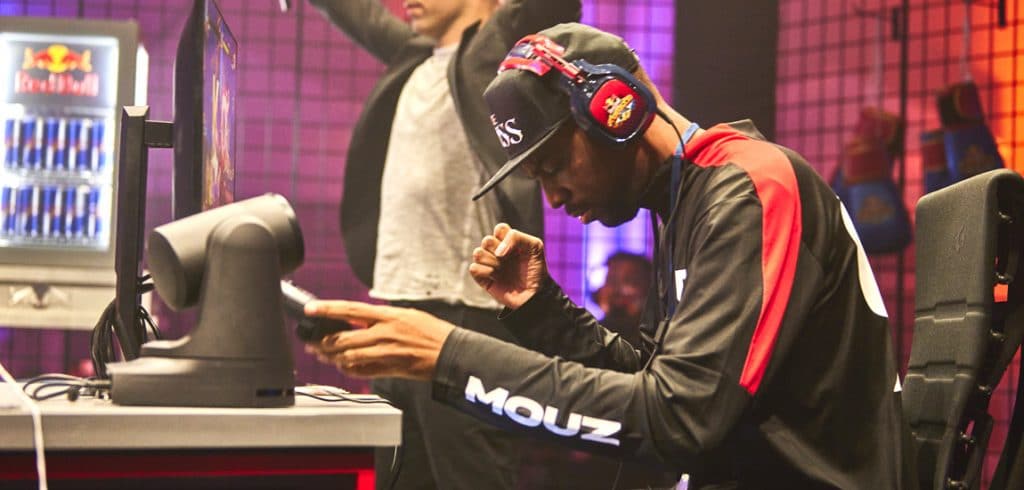

New talent are emerging all the time, too.
There is a talented generation below me who will become the esports leaders of the future. So we need to give them the platform to take the industry in new directions, and see what they can do.
Writing this section of the article has made me hopeful for the future again. But we shouldn’t forget the mistakes made along the way, either.
The weaknesses of UK esports – and lessons to learn
When I started covering UK esports a decade ago, UK esports was seen as a bit of a joke. A dead scene. A place full of egos failing to live up to their potential, with dodgy esports managers, scandals and drama.
While that still may be the case in some circles, the professionalism in UK esports has largely improved overall. It has matured, and some have made real efforts to move it forwards.
Regardless, we find ourselves in a difficult situation with many closures and setbacks, partly due to what I mentioned earlier (the industry growing too fast after the pandemic boom, over-hiring and a lack of return on investment at esports orgs etc).
Not paying players and staff (either on time or at all) is a recurring problem. Some examples include MNM Gaming, Esports Scotland, Valhallan and Lionscreed.
Some of this historically seems to have come down to either poor management, overpromising and under-delivering, or also investment drying up, as opposed to malicious intent.
With teams finding it hard to turn a profit and balance the books, we’ve seen UK teams like MNM, Vexed, Raptors and LDN UTD close, not to mention other businesses like Promod Esports, Gamers Apparel and Platform gaming bar (though they have said they are hoping to return).
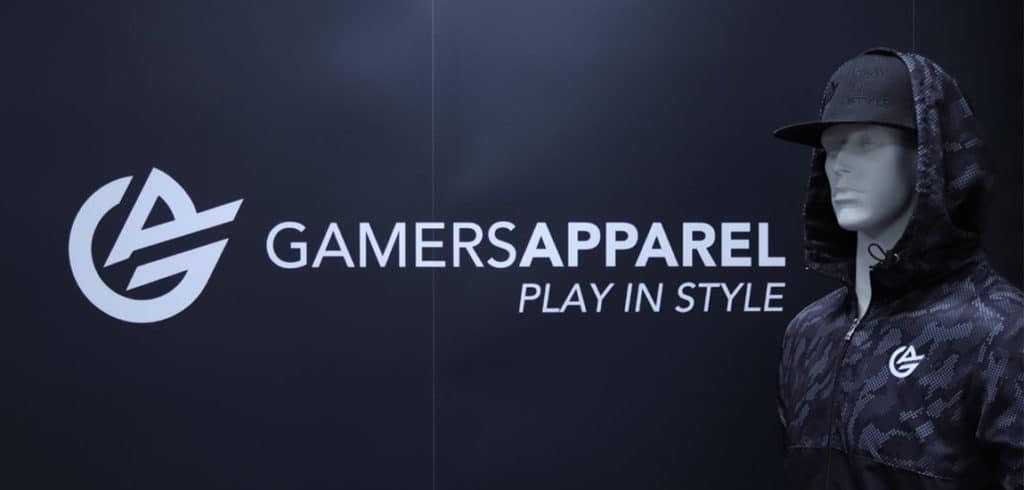
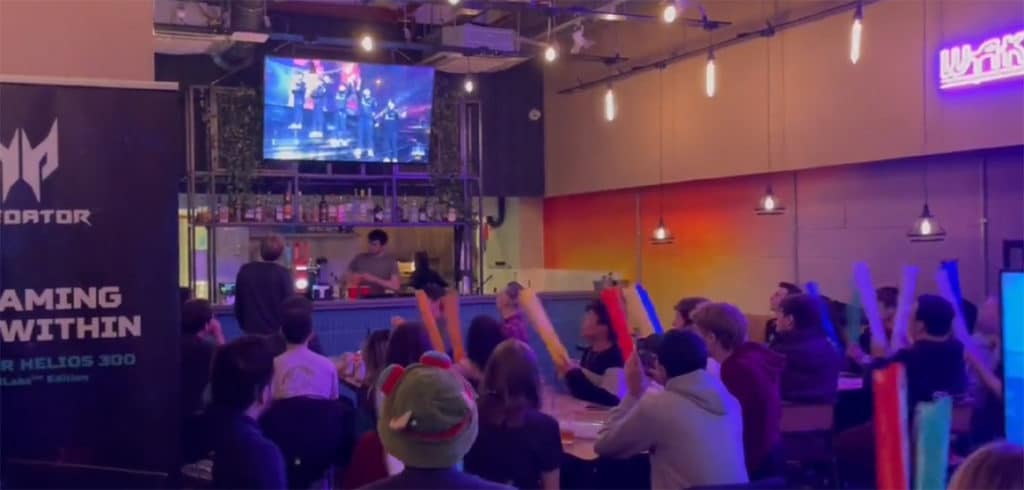
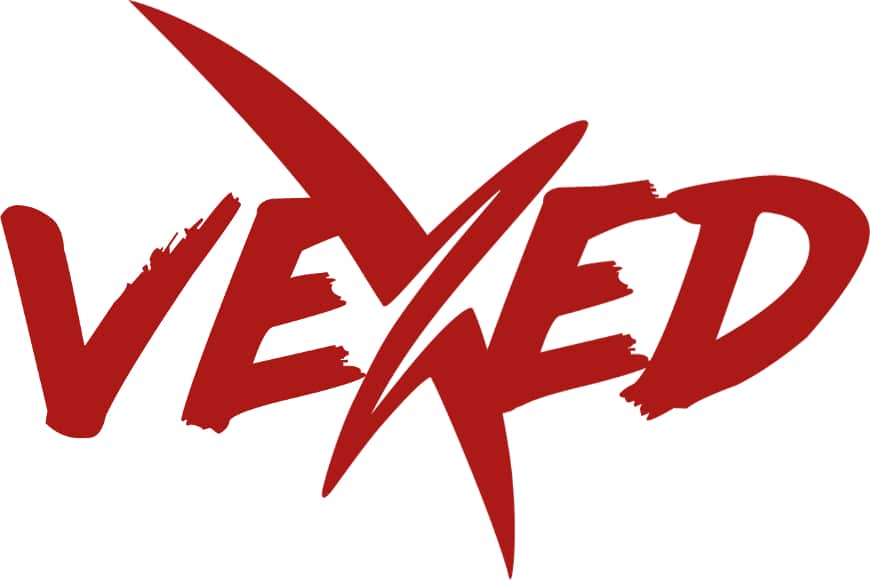

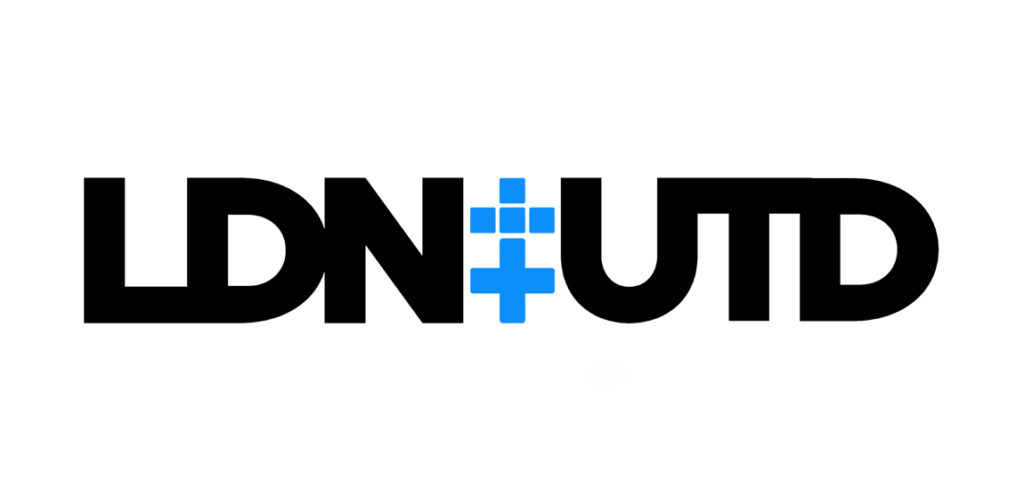
Through all of these examples, they’re a reminder that UK esports – and esports globally – is fragile. And unless you’re a pro player, talent or streamer (or a million-dollar games publisher), it’s not easy to make money in this game.
We are still woefully behind in some games in terms of player talent, too. In League of Legends, while we produce some good coaches, we don’t have any players in the European LEC, and haven’t done for a few years now, which is a real shame.
I’ve asked many people over the years why this is the case, and their reasons have included egos, poor attitude or motivation, players that do not work well as a team, and the console heritage of the UK over top PC dominance. This is generalising, and there’s a lot more to it, but a lack of money has been a challenge. Perhaps grassroots esports will return to its roots in the future – tournaments for fun, for the thrill, not for paycheques. Or maybe companies should just learn not to promise payments that they don’t have.
I could make this section a lot longer than what it is, but I don’t want to dwell any longer on the negatives.
As I said earlier, I look forward to seeing the next generation push things forward in UK esports in future years, and to (hopefully) some industry stability as the market correction continues.
Winter is not over yet, but let’s stick it out – I’m hopeful of a spring that will mark a new beginning in UK esports. Our best is yet to come.
Dom Sacco, Senior Editor
Dom is an award-winning writer and finalist of the Esports Journalist of the Year 2023 award. He has almost two decades of experience in journalism, and left Esports News UK in June 2025. As a long-time gamer having first picked up the NES controller in the late '80s, he has written for a range of publications including GamesTM, Nintendo Official Magazine, industry publication MCV and others. He also previously worked as head of content for the British Esports Federation.
Stay Updated with the Latest News
Get the most important stories delivered straight to your Google News feed — timely and reliable





From breaking news and in-depth match analysis to exclusive interviews and behind-the-scenes content, we bring you the stories that shape the esports scene.
Monthly Visitors
User Satisfaction
Years experience
